Trini scientist Dr Shobha Maharaj making waves to save small islands
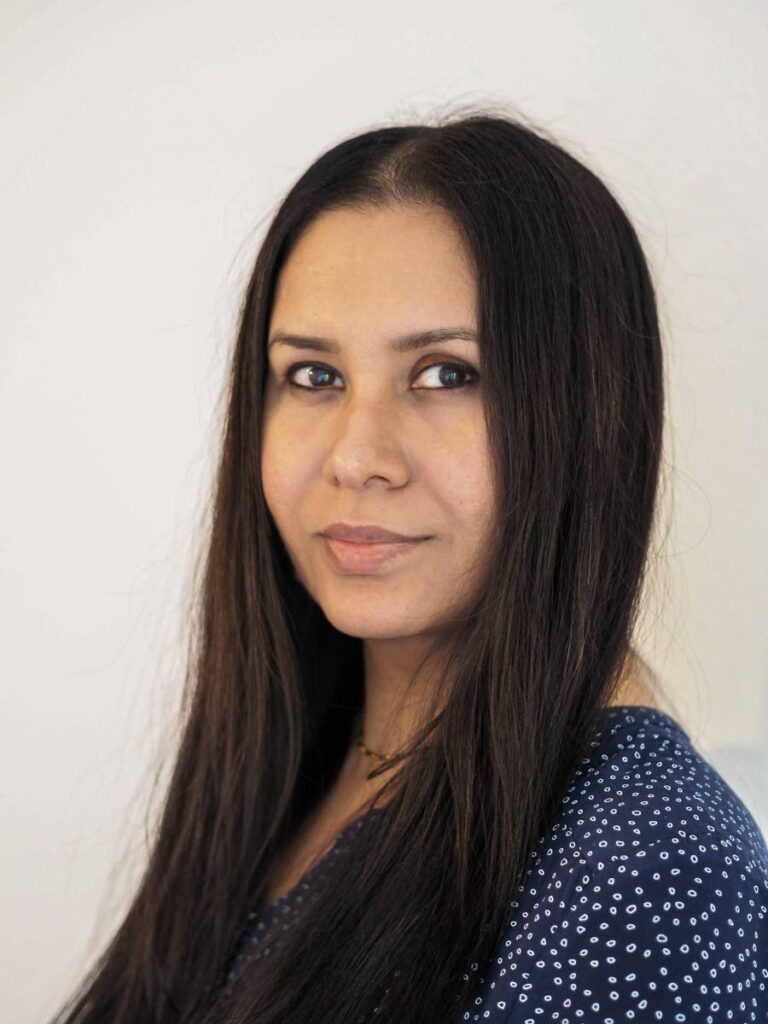
Climate impact scientist Dr Shobha Maharaj says that as global warming continues, the Caribbean would see higher temperatures and drought, especially in the southern Caribbean.
Agriculture productivity and water security will be affected and hurricanes will become more intense.
Species that live in the water or that can fly will migrate towards the poles where it will be cooler. Islands would have decreased fish stock, and coral reefs will be bleached and die, affecting the livelihoods of residents.
Species that live on land and cannot migrate will have no choice but to move to higher ground for cooler temperatures. However, mountains were generally cone-shaped so the higher they go, the less land will be available to them.
“It’s projected that, in the long-run, there’s going to be decreasing species numbers due to population decreases as well as extinctions.”
Maharaj was a major contributor to the latest Inter-governmental Panel at the Climate Change (IPCC) Assessment Report which is published every six years and was featured in the United Nation’s Women Scientists on the Forefront of Climate Action for International Women’s Day on March 8.
She was also part of the panel at the IPCC conference, Climate Change Impacts, Adaptation and Vulnerability for Small Islands in the Caribbean on March 25.
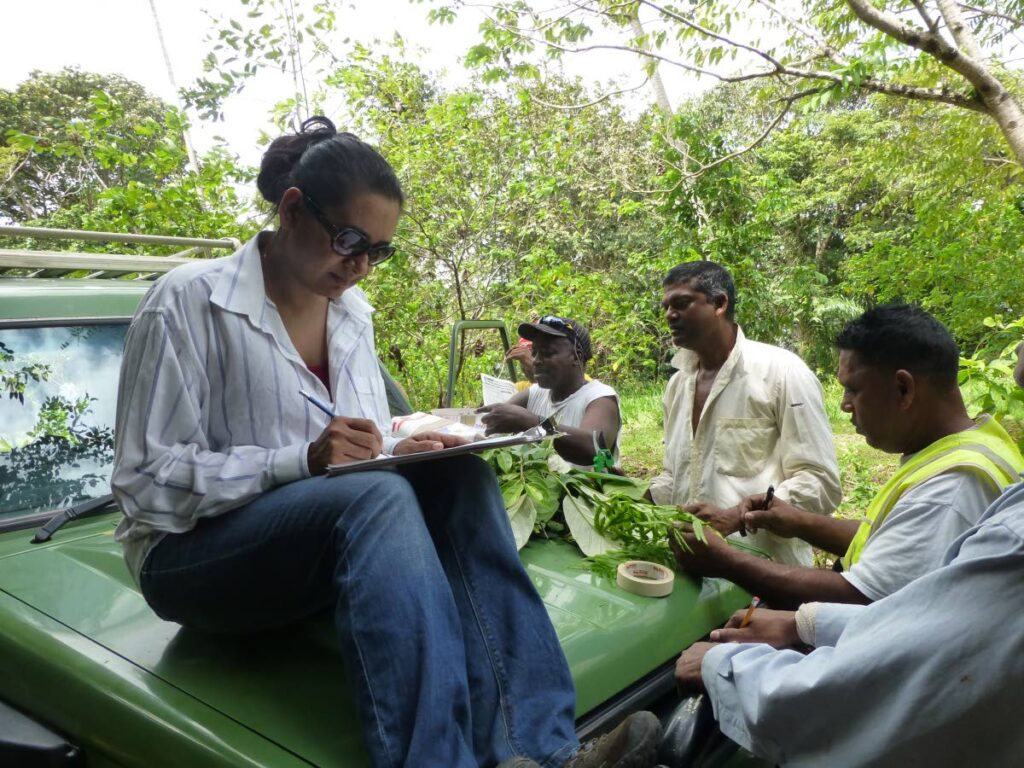
Maharaj researches already occurring and future impacts of climate change on biodiversity hot spots throughout the world, natural habitats, and looks at ways to help the environment to adapt and become more resilient to changing climate conditions, especially in small islands.
She said small islands are not major contributors to pollution but they are the most vulnerable. She lamented the lack of research and data because, without those, scientists cannot do proper analyses, create models to predict impacts, and create robust strategies to adapt or publish studies.
Since climate change reports are based on papers already published, because of this lack of literature, she said, small islands are not well-represented in reports.
“Climate change is happening and at the forefront of those nations being impacted are the small island nation states because we have limited resources to put towards adaptation and resilience to climate change, dealing with the impacts.
“Yet there isn’t very much being done with respect to focusing on certain areas within small islands that are being impacted. That’s why I want to use my skill-set to give back, to apply it where it matters, where I could make the biggest positive impact, not just to TT but vulnerable regions across the world.”
From New Grant to Germany
Based in Germany for the past nine years, Maharaj did her first degree, a double major in zoology and botany, and her master's in philosophy in environmental biology at the University of the West Indies, St Augustine.
In 2012, she graduated from Oxford University in England with a doctorate in philosophy looking at the impact of climate change on the small island developing states of the Caribbean.
She explained that climate model data is usually large-scaled and costly and so applied to continents. There was no adequate downscaling of data to make it relevant to small islands. As a result, her doctorate focussed on first-time impacts of climate change on small island biodiversity and was modelled using regional climate model data.
But why climate change?
Maharaj told WMN she has always been drawn to nature.
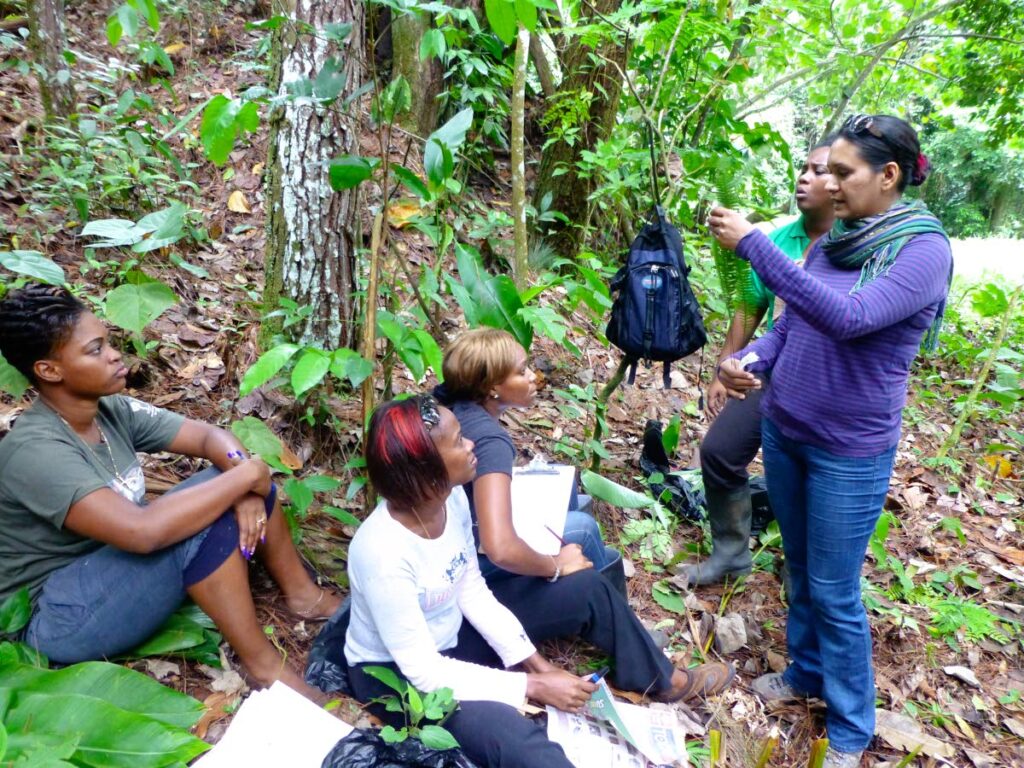
Her earliest memories were of being in the garden with her paternal grandmother who lived with her immediate family in New Grant, South Trinidad.
“She taught me a lot about appreciating nature so I grew up with this need to be around and appreciate all things natural as part of me.”
She would tell Maharaj stories about her life. She did very well at school but her father, an indentured labourer, took her out of school at age ten to be married. Her teacher begged her father to let her remain in school but he did not agree.
She regretted not being able to do and be more.
“She would always tell me, ‘Education is the key. No matter what you do, always make sure to get an education so you don’t have to depend on anybody to feed and clothe your children.’”
Her grandmother’s experiences convinced Maharaj education was a path to a good quality of life.
However, when it was time to choose a direction, there was a lot of pressure on her to go into medicine. Thankfully, her father encouraged her to choose something she loved so she could find joy in her work and lead a happy life.
She added that, traditionally, East Indian women were taught to be submissive, accepting, and not to challenge the status quo. But with each degree, she conformed less to societal norms and now she speaks out against inequity.
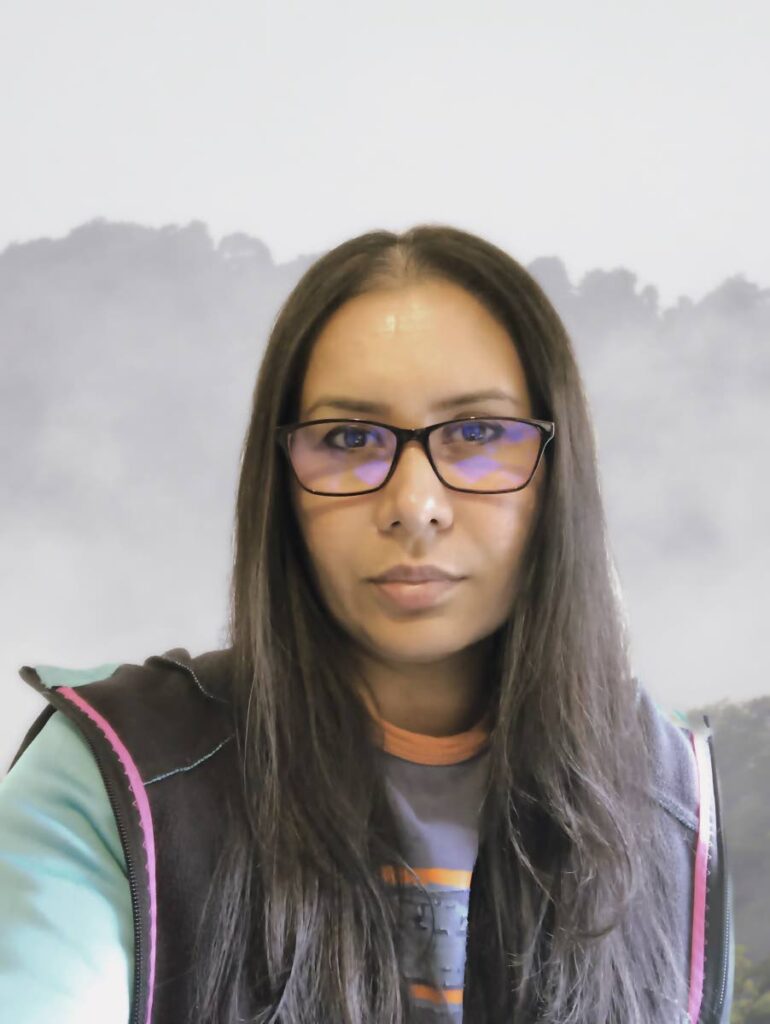
“You need to learn to live life on your terms and not succumb to societal pressure or cultural norms. Do what makes you feel, in your heart, that you’re doing the right thing and gives you a sense of purpose. You have to live with the consequences of your decision so you need to answer yourself first.
“In terms of climate change and academia, there is a big imbalance with respect to the global south compared to the global north and the kind of exposure they get. I’m speaking out more and more about this now. This is something I find very liberating, this evolution of me breaking from that norm of not rocking the boat to being able to call things out, especially at an international level.”
According to Maharaj, the global north gets more exposure and funding, and more research and information are coming out of developed countries, and much less in poorer developing countries. More attention is also paid to climate change scientists in the global north.
“The international media, the scientific journals, they tend to focus mainly on the opinions and the work of the global north scientists and sideline the global south scientists.
“And this is ridiculously ironic given that most of the places already being negatively impacted by climate change are from the global south. Yet the scientists who are from these areas, because they are not from the global north and usually not white, their perspectives and academic work aren’t being covered.”
She said that even if research was done by local scientists in these areas, many times their entries were not published. If they collaborate with a global north scientist on a paper, even if they do all the work and research, the global north scientists would be listed as the lead author and they would have no say in how the paper was written. And sometimes the local researchers would be acknowledged instead of being listed as an author.
Author, researcher and volunteer
Maharaj is an independent researcher and for the past four years, she has been volunteering her time to work on the sixth and most recent IPCC Assessment Report which covered all aspects of climate change. These reports are usually used by governments to develop climate change plans and policies.
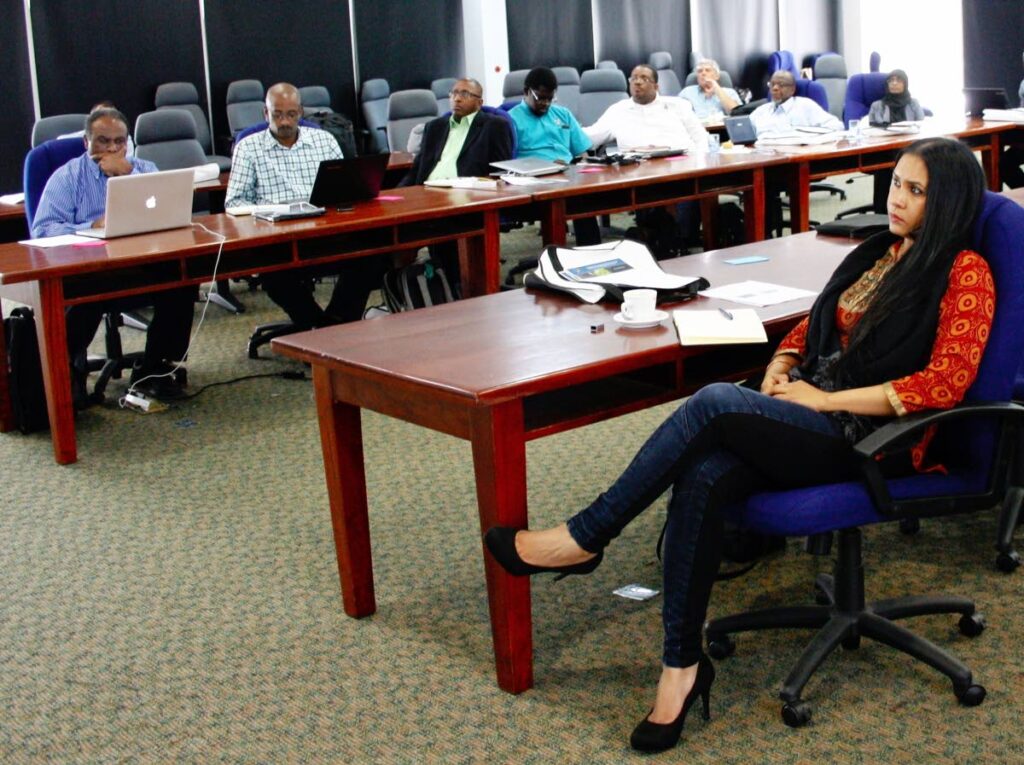
She was a lead author on the Small Islands chapter, a lead author on the Biodiversity Hotspots Cross-Chapter paper, a contributing author to the Key Risks across Sectors and Regions chapter, a contributing author to the WGII Technical Summary, and an author of the Working Group II Summary for Policy Makers.
For International Women’s Day, the United Nations highlighted the work of a few of the contributing female scientists at the forefront of climate research, including Maharaj, on its website.
She described working on the report as a huge honour even though the work was very demanding, requiring that she sacrifice sleep as well as time with her husband and son.
“This is one of the biggest ways I could give back to the world and to small islands. I feel very lucky to have had the opportunity to have a very good education and develop a skill-set that I want to put to the best possible use. This is perhaps one of the best ways to do that.”
Before she stopped taking on paid work to focus on the report, she was the acting curator at the National Herbarium of TT at UWI, and then a remote climate change and biodiversity consultant.
In the future, she plans to focus on publishing, as well as researching and speaking out more on the imbalance between the global north and south as she believes it is important to have a more balanced perspective.
She said it is time for Caribbean people to trust the scientists living on the islands, who are more intimately involved in the problem rather than a foreign scientists who would only have a superficial knowledge of their issues.

Comments
"Trini scientist Dr Shobha Maharaj making waves to save small islands"